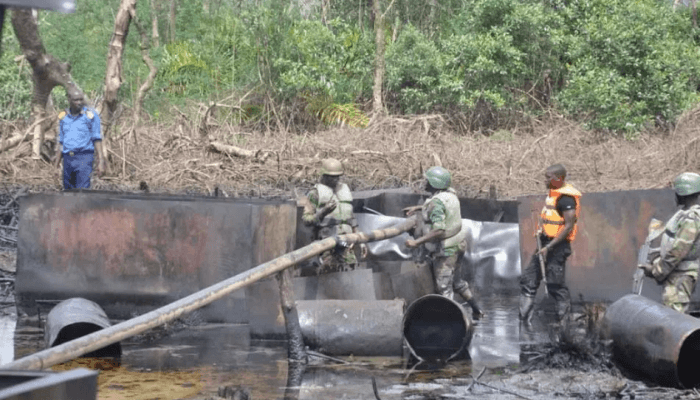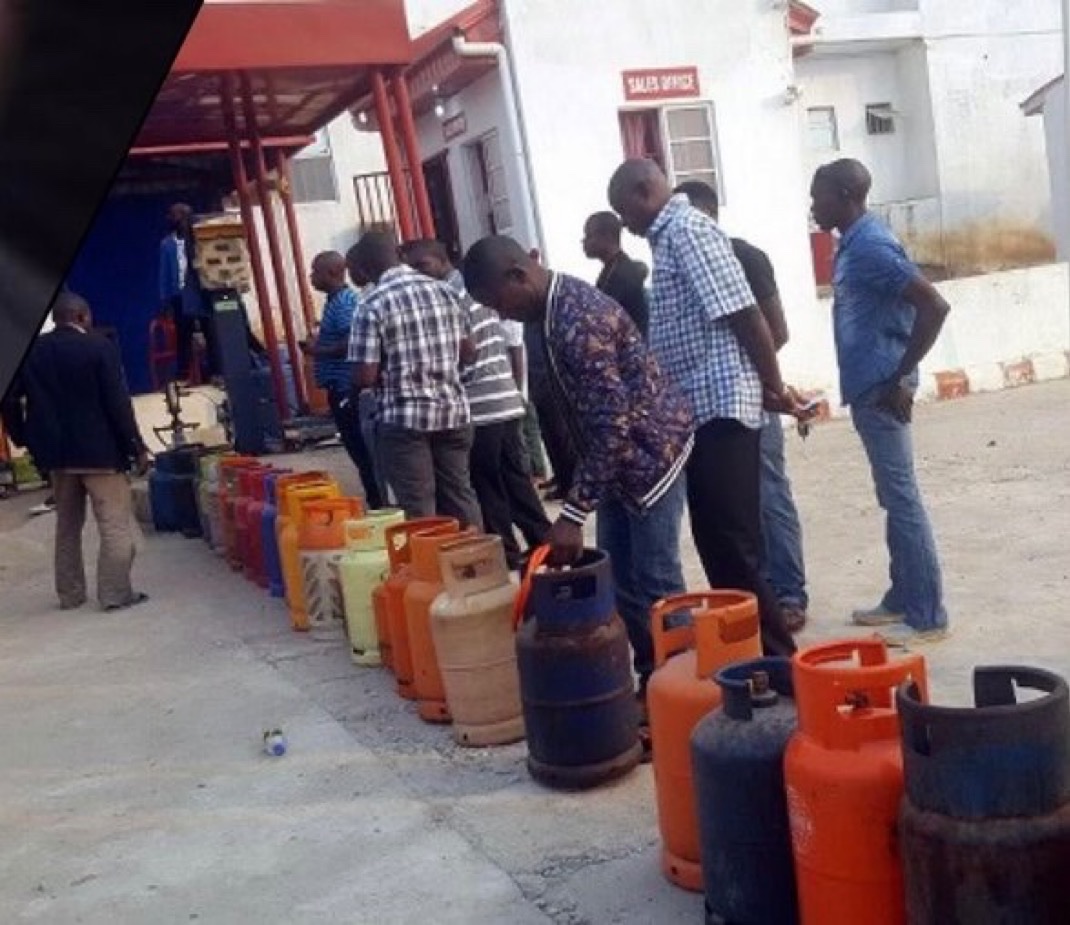The Nigerian Army has intensified its campaign against crude oil theft and illegal refining in the Niger Delta as troops successfully arrested fourteen suspected oil thieves and dismantled multiple illegal refinery sites across strategic creek locations. This latest development reinforces the Federal Government’s commitment to safeguarding national oil assets and curbing the massive financial losses associated with vandalism and crude theft.
The operation marks another significant step in the ongoing battle to protect Nigeria’s petroleum infrastructure, which remains a critical source of national revenue and a central pillar of the country’s economic stability.
Troops Launch Coordinated Raid Across Key Hotspots
According to military sources, the operation was carefully planned and intelligence-driven, targeting locations known for long-existing illegal refining camps. The troops swooped into the affected areas, seized equipment, arrested operators, and destroyed facilities used to process crude oil into locally refined products such as diesel and kerosene.
During the coordinated mission, the Army reported the seizure of over 20,000 liters of illegally refined petroleum products stored in surface tanks, drums, and dug-in reservoirs. The illegal refining sites were subsequently neutralized to prevent continued use.
Security experts note that the success of this operation demonstrates improved surveillance, intelligence gathering, and collaboration among security agencies working to suppress economic sabotage in the region.
A Blow To Crude Oil Theft Networks
Crude oil theft remains a major challenge in the Niger Delta. The illegal refining business directly undermines Nigeria’s oil output, contributes to loss of government revenue, and fuels black market trading. Investigations indicate that some of the dismantled camps had been operating for long periods while evading detection by relocating deeper into swamp terrains.
The dismantling of these illegal facilities deals a significant blow to networks involved in:
- Pipeline vandalism
- Crude oil siphoning
- Transportation of stolen crude
- Distribution of black-market petroleum products
The arrests made are expected to assist ongoing intelligence efforts to identify financiers, transporters, and buyers within larger oil theft syndicates.
Environmental Damage and Community Concerns
Illegal refining is not only an economic crime; it is also a major environmental disaster for host communities. The crude methods used in these makeshift refineries lead to:
- Oil spills
- Soil contamination
- Destruction of farmlands
- Poisoning of waterways
- Thick black soot pollution
The Niger Delta region, particularly its riverine communities, continues to battle health risks associated with prolonged exposure to soot and hydrocarbon waste. Traditional fishing and farming livelihoods have been severely disrupted, further deepening poverty and displacement.
Security analysts warn that until safer economic alternatives are created, the cycle of illegal refining may continue.
Military Reaffirms Zero Tolerance For Oil Sabotage
The Nigerian Army reiterated its commitment to sustaining operations aimed at destroying illegal refining infrastructure. Military authorities assured that more patrols and surveillance activities will be conducted to prevent the rebuilding of destroyed sites or establishment of new ones.
The statement emphasized that protecting Nigeria’s oil wealth remains a national priority, especially in light of global economic pressures, domestic fuel demand, and ongoing fiscal reforms aimed at improving revenue stability.
Troops are also expected to maintain pressure on collaborators, including transporters who move stolen products across waterways using boats, barges, and concealed tanker trucks.
Addressing Root Causes Remains Critical
While security operations are essential, stakeholders continue to call for a long-term solution that addresses:
- Unemployment and poverty in host communities
- Lack of industrial and economic opportunities
- Environmental neglect and infrastructure decay
- Breakdown of trust between communities and government agencies
Experts argue that sustainable peace in the Niger Delta will require the expansion of job creation programs, industrial development in coastal regions, and transparent management of oil revenues to restore confidence among locals.



